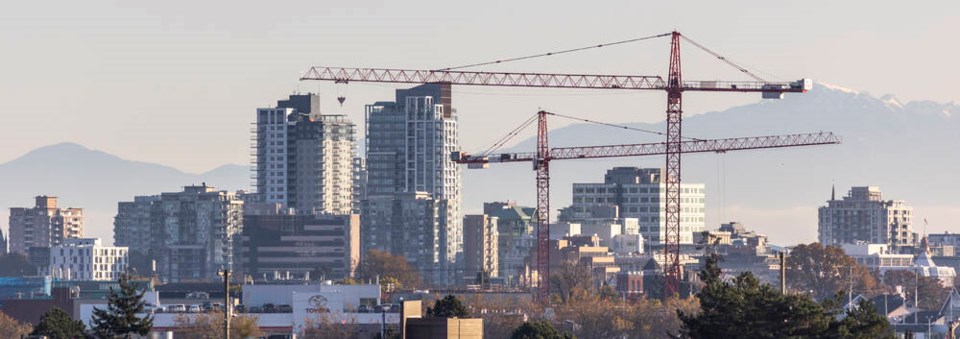A commentary by a Sooke resident.
The intense discussion around the issue of affordable housing on Vancouver Island feels like a tug-of-war: Both sides are trying hard to pull everyone onto their side, with the “missing middle” destined to fall into the water.
It seems that those who can afford to live here without going into debt don’t want to see their neighbourhoods crowded or made less desirable by those who need more affordable options.
At the other end of the rope, those low-income residents (such as myself, a retired medical researcher who earns under $30,000/annum) want compassionate housing options that don’t punish them for earning less than their wealthy neighbours — by “punish,” I mean forcing low-income people to live in crowded, noisy or otherwise cramped conditions, without the benefits of nature or space or privacy.
In fact, there are some amazing new solutions that might be amenable to both sides: Tiny homes, insulated yurts, container homes and a new spray-insulated “dome” home model (featured in Margaret Atwood’s Practical Utopias global campaign of the same name) involve a modest investment to the home-owner of $25,000-$150,000, making them both highly affordable and environmentally friendly choices.
The barriers to these solutions include a lack of awareness, the need for suitable land, and outdated municipal bylaws — it seems to be a taxing issue, but getting details on how to change these bylaws has proven to be challenging.
Bottom line? We should get behind these solutions collectively: Tiny Home communities rely on landowners who are willing to lease a small amount of their land to the homeowners; they are not going to be a burden on existing neighbourhoods nor will they entail any new infrastructure. It’s a win-win situation that is currently not being actively pursued, but deserves a chance.
Of course, developers don’t profit and it doesn’t generate any construction jobs, but it would go a long way to helping a lot of people thrive (vs. survive) on this beautiful island, and the self-sustaining nature of these communities, which include gardens and a form of communal “village” living, is the best option going forward in the era of climate change.
I will be conducting a brief symposium in March 2023 called “Tiny Home Communities: Affordable Living” through the Sooke Region Lifelong Learning program; anyone interested in attending should contact them for more details.



